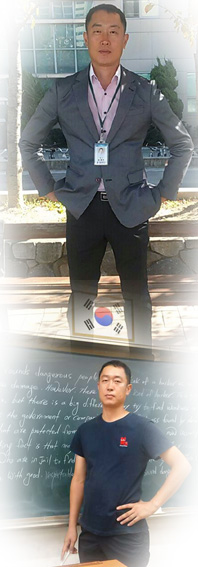2015년 수능 외국어 영역 39번 정답 및 해설 - 손범식
 풀어 보세요 -
풀어 보세요 -  해설은 담에..시간 나는 대로...
해설은 담에..시간 나는 대로...
39. 글의 흐름으로 보아, 주어진 문장이 들어가기에 가장 적절한 곳을 고르시오.[3점]
[They also rated how generally extroverted those fake extroverts appeared, based on their recorded voices and body language.]
Some years ago, a psychologist named Richard Lippa called a group of introverts to his lab and asked them to act like extroverts while pretending to teach a math class. ( ① ) Then he and his team, with video cameras in hand, measured the length of their strides, the amount of eye contact they made with their “students,” the percentage of time they spent talking, and the volume of their speech. ( ② ) Then Lippa did the same thing with actual extroverts and compared the results. ( ③ ) He found that although the latter group came across as more extroverted, some of the fake extroverts were surprisingly convincing. ( ④ ) It seems that most of us know how to fake it to some extent. ( ⑤ ) Whether or not we’re aware that the length of our strides and the amount of time we spend talking and smiling mark us as introverts and extroverts, we know it unconsciously.
.gif)


.gif)

